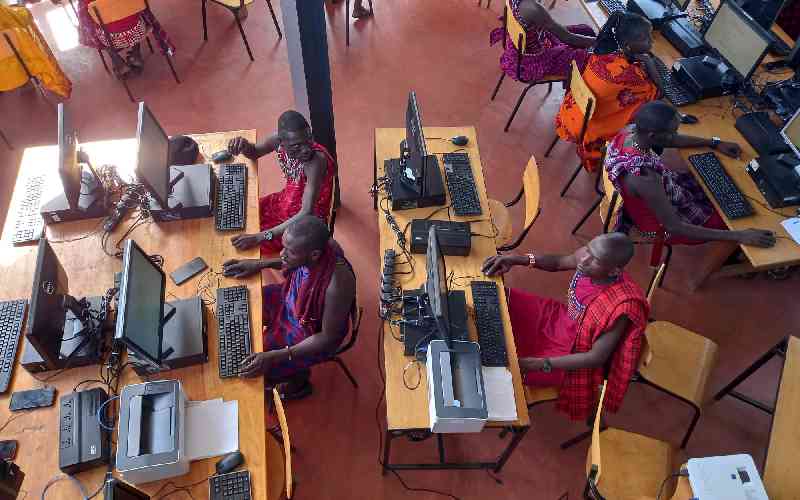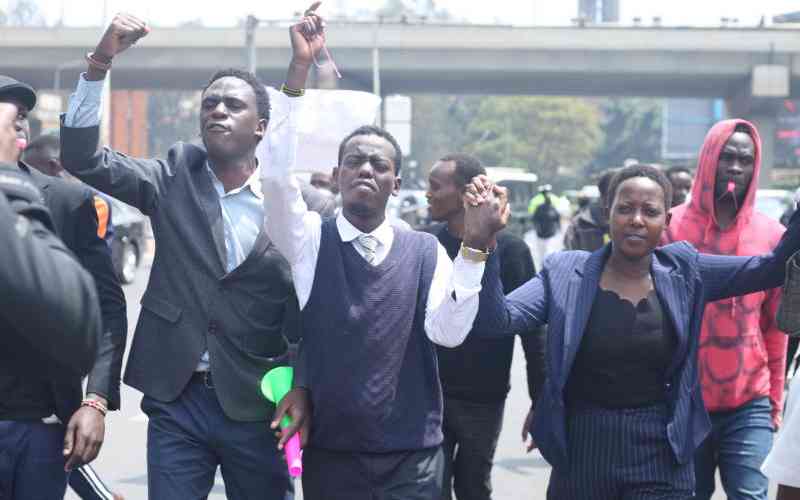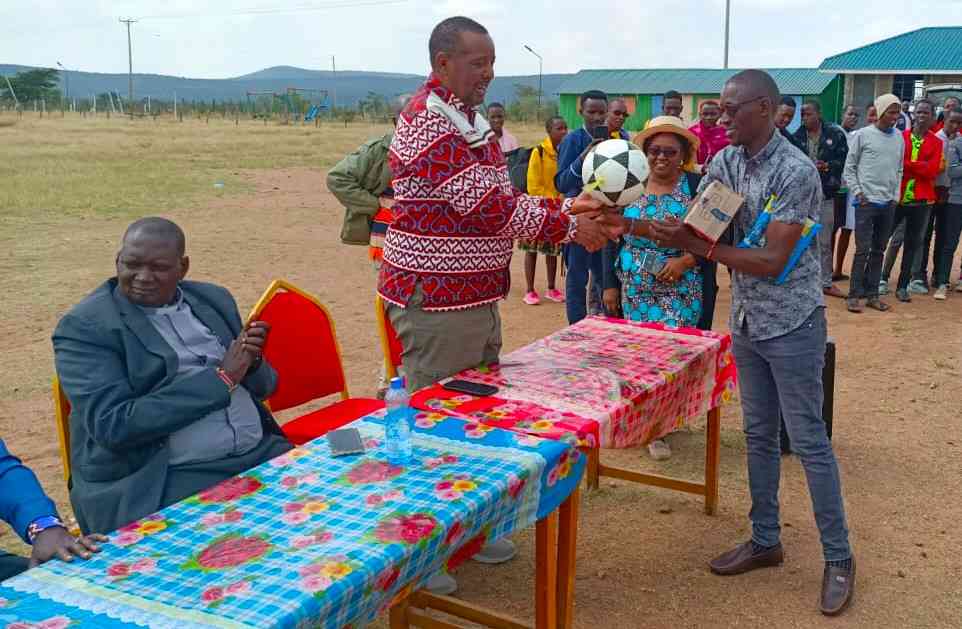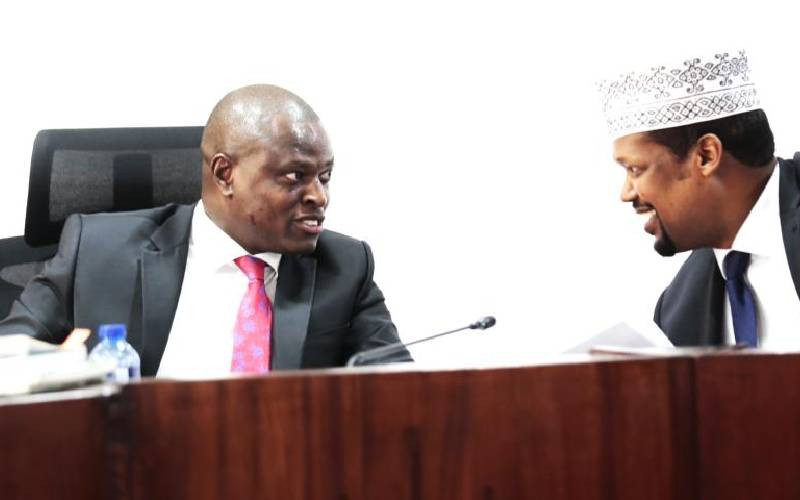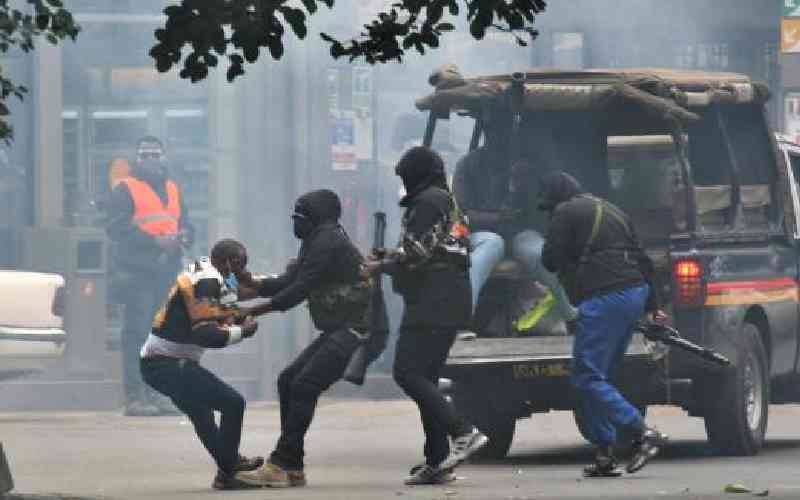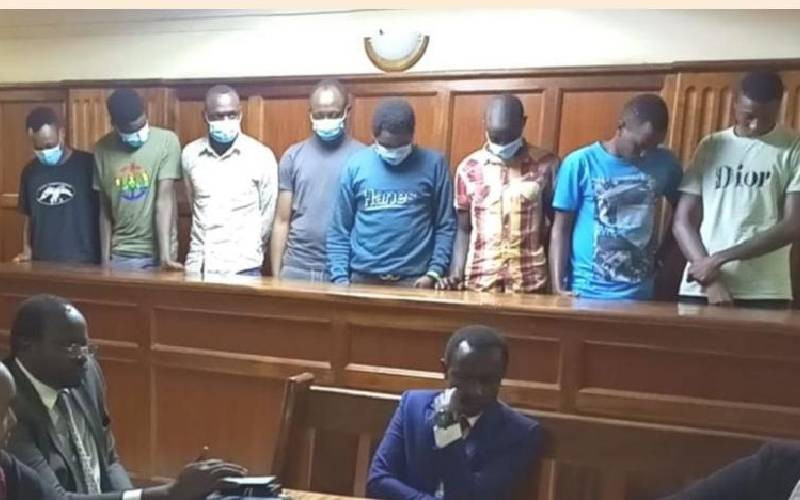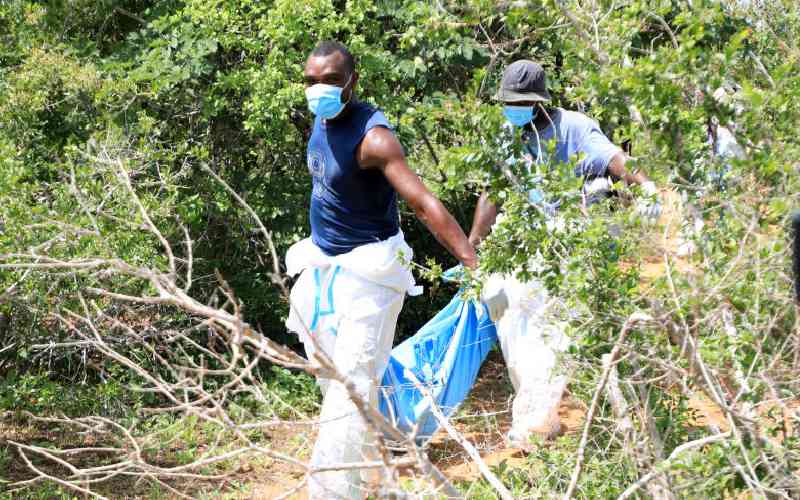A group of Maasai women in the Masai Mara National Reserve are enjoying the fruits of their labour through bead work.
At Basecamp Maasai Mara tented camp, which is famous for hosting President Barack Obama, women talking in low tones seated on the floor with their legs stretched out are busy working on their products.
These women call themselves Basecamp Maasai Brand. They are a strong pillar of their community as they are making a difference through the money they get from beading.
Among them is Nareyio Koshal, in her late 70s, who smiles like the sunshine. She cheerfully greets me, “Supai!
Around her are beads and colourful leather materials. Nareyio, a widow, enjoys her work. She proudly whispers, “This project has changed me. I had nothing of my own before I joined this group of women. But since then, I have bought 20 goats and ten more nkishus (cows) of my own.”
Through the beadwork, she says, she has managed to take her four children to boarding school, a great achievement.
Nesalye Murunya, in her early 50’s and a mother of nine drinks from Nareyio’s wisdom. She is beading a flag decorated with the Kenyan colours — red, green and black.
She says they are working hard to beat a delivery deadline to the Czech Republic. They just have two days to complete the work.
Her five children are in secondary boarding schools too.
“Through the beading project,” she says, “I have money and livestock.”
Several women in the group share the same sentiments about their economic growth in the tough, traditional Maasai community.When the project started in 2003, it did not take off as men would not allow their women to join.
Jemimah Sairowua, the Brand’s project manager says they came up with a strategy to get men on board to do the beading. But soon after they gave up on it.
“They were not patient, and beading needs a lot of patience. They left but allowed their women to start working on the beading.”
The project was started with the aim of empowering disadvantaged women’s groups in the Talek region of Maasai Mara. They maintain and enhance the handicraft skills, knowledge and design of the famous Maasai bead and leather work.
The group works with more than 100 women drawn from Ntipilikwani, Kolong, Kimunyak, Eleleru and Olekosoe villages.These women belong to six women’s groups, the highest having 36 and lowest 18 members.
Stay informed. Subscribe to our newsletter
The groups visit the Basecamp Maasai Brand centre once per week.
They also have a day set for the groups to go to the local market to sell their products. Products made range from laptop bags, wallets, beaded bracelets, belts, pencils cases and necklaces, among others.
They use old wire, recycled tins and food bags to make their products.
According to Jemimah, 80 per cent of their sales are made online.
They have a working website, which links them with customers in Norway, US, Sweden, South Africa, UK, Germany and Czech Republic.
Each product is tagged by the artisan and her group. Each member gets 75 per cent of each item they make, less the production cost.
Mothers in the project who have girls are monitored and encouraged to take their children to school, thus improving girl-child education.
They now boast of having the highest number of girls enrolling in school through their efforts. Women are also encouraged to save money and borrow through micro-finance institutions.
The women, who are basically illiterate, run an online platform which has a catalogue that allows buyers to place orders.
“At the moment, we are working on an order from the Czech Republic, worth Sh140,000,” says Jemimah.
They send the products via DHL and EMS courier services.
 The Standard Group Plc is a
multi-media organization with investments in media platforms spanning newspaper
print operations, television, radio broadcasting, digital and online services. The
Standard Group is recognized as a leading multi-media house in Kenya with a key
influence in matters of national and international interest.
The Standard Group Plc is a
multi-media organization with investments in media platforms spanning newspaper
print operations, television, radio broadcasting, digital and online services. The
Standard Group is recognized as a leading multi-media house in Kenya with a key
influence in matters of national and international interest.
 The Standard Group Plc is a
multi-media organization with investments in media platforms spanning newspaper
print operations, television, radio broadcasting, digital and online services. The
Standard Group is recognized as a leading multi-media house in Kenya with a key
influence in matters of national and international interest.
The Standard Group Plc is a
multi-media organization with investments in media platforms spanning newspaper
print operations, television, radio broadcasting, digital and online services. The
Standard Group is recognized as a leading multi-media house in Kenya with a key
influence in matters of national and international interest.

